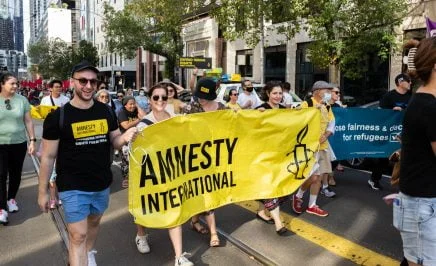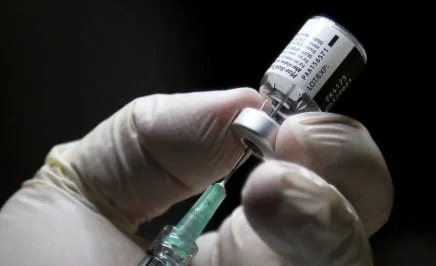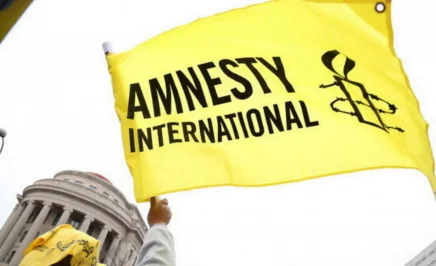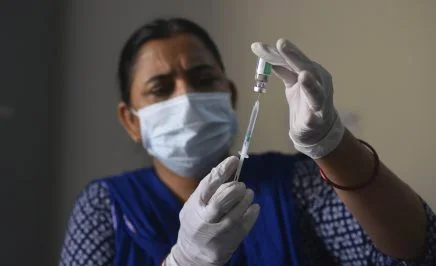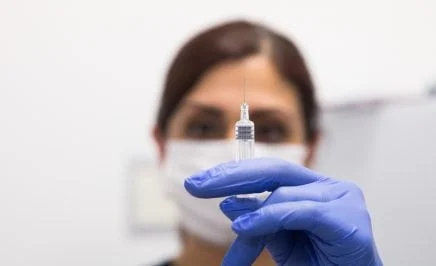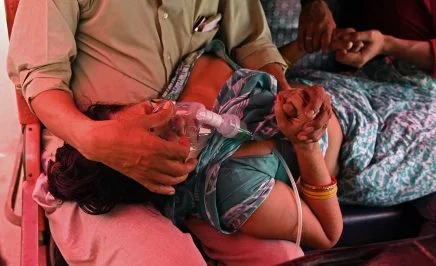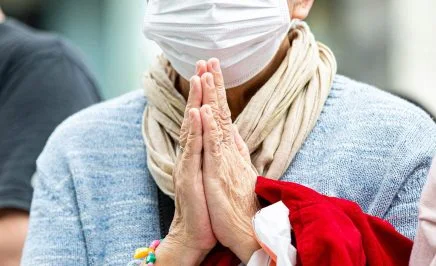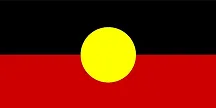Coronavirus and human rights
As the Coronavirus pandemic tears across the world, we are all worried about the immediate impact and the future of our world. Around the world, many have already lost loved ones. And many are wondering how stretched healthcare systems can possibly cope.
From physical-distancing and self-isolation, to working from home or loss of income, Coronavirus is disrupting lives in unimaginable ways.
Read more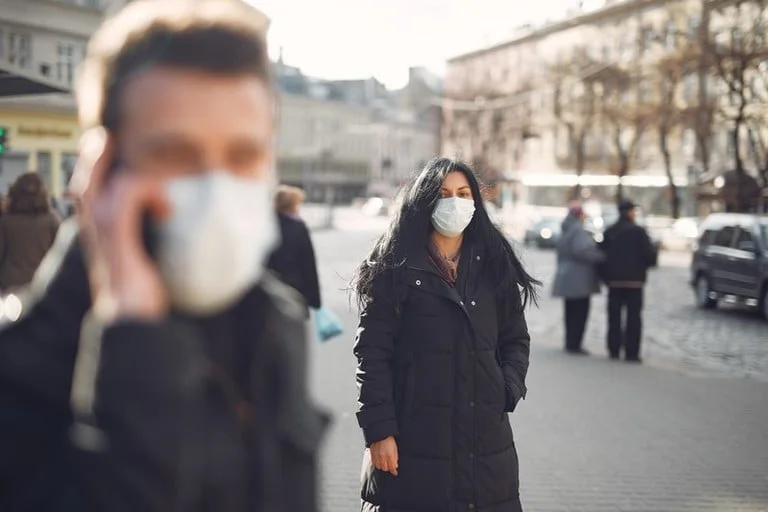
This is a human rights crisis in the most immediate sense – a reminder of our common humanity; and that we are all equal in dignity, justice and human rights.
We’ve already seen leaders around the globe using this pandemic to expand and abuse their powers – threatening our rights to health, housing, work, access to information and more.
At their heart, human rights are both a protection from the power of the state and a demand that our governments use their considerable power to protect our lives, health and wellbeing.
A national Human Rights Act could provide substantial protections for all Australians during these unprecedented times; acting as a framework to ensure that the provision of public health orders do not excessively impinge upon inherent human rights of all Australians.
According to the Amnesty International Australia Human Rights Barometer 2022:
- Australians are increasingly skeptical of COVID-19 restrictions. Compared to the previous year, there has been an increase in respondents who feel that COVID-19 restrictions and orders have infringed on their rights. 43% of respondents felt this way, compared to 32% in 2021.
- However, a majority of people still feel COVID-19 restrictions were worthwhile. 67% of respondents said that the impact of lockdowns and other COVID-19 restrictions on their rights has been worth it to slow the spread of the virus.
- Attitudes towards COVID-19 restrictions differ across the country. Queensland had the highest number of respondents (47%) who felt that restrictions had infringed on their rights. Victorians also had high levels of concern about the impact on their rights, though 61% still supported COVID-19 restrictions. Meanwhile, in Western Australia, there was strong support for restrictions, with 74% of residents saying they supported COVID-19 restrictions and lockdowns.
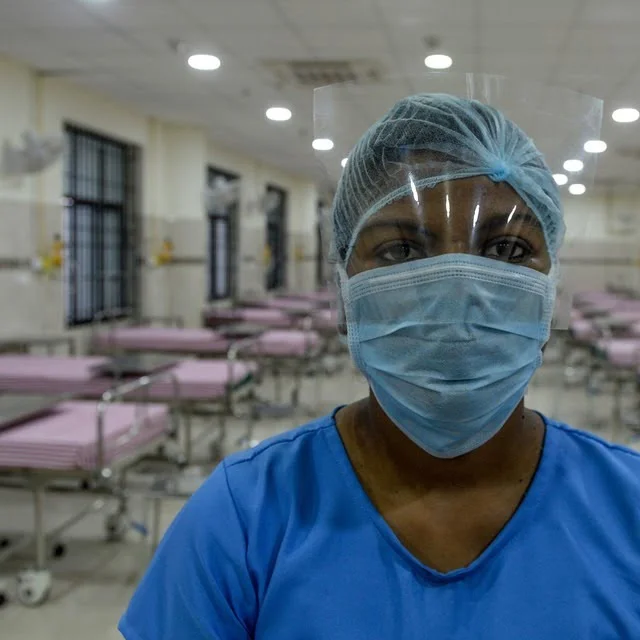
Who are those most at risk?
Coronavirus remains a harmful risk for us all. However, its effects are much more pronounced for the already vulnerable.
Governments must ensure that vulnerable people who need assistance the most, recieve it. Indigenous communities (particularly those in remote areas), people living with disabilities, women and children who may face a heightened risk of domestic violence, those in custody, and those recently arrived in Australia all need urgent, targeted assistance.
Read MoreFirst Australians
More than two centuries of dispossession has left many First Nations people living in chronic poverty. This has presented myriad complications, including poor health outcomes for our people and communities. Remote communities with limited access to the internet and education are further disadvantaged as panic buying has made life’s basics such as food and medical supplies completely unavailable to some.
Healthcare workers
Healthcare workers are on the frontline of the pandemic, and need extra protection. The community is relying on healthcare workers to assess and treat us everyday. More than 13% of Spain’s coronavirus caseworkers have been health care workers – we can’t let that happen in Australia.
People living in poverty
Australia has been shocked by the mass unemployment we have witnessed in recent weeks. Yet people who were already living in poverty and homelessness, will now find it even harder to access preventative and support measures. These people may be homeless, previously unemployed, enduring mental health issues, managing a disability or in other difficult situations.
Women, children and those at risk of domestic violence
Despite the increase in incidence of domestic violence in our communities, we have seen a steady decrease of support services for women and children escaping domestic violence. In Australia, organisations working on domestic violence are chronically underfunded and an extended period of self isolation has the potential to exacerbate already volatile domestic situations.
A shortage of care services (childcare, healthcare, elder care) will have a disproportionate impact on women as providers of unpaid care work. Coronavirus will exacerbate a situation where cuts to public spending have already fallen on women. The UN Committee on the Elimination of Discrimination Against Women (CEDAW) has reiterated its previous concern (dating back to 2009) about the disproportionately negative impact of austerity measures on women, who constitute the vast majority of single parents and are more likely to be engaged in informal, temporary or precarious forms of employment.
Refugees and people seeking asylum
For years alongside our partners, we have documented the poor treatment of undocumented and irregular migrants and their exclusion from services such as healthcare and basic income support.
More than 1400 people are currently held in various detention facilities in Australia. If the virus takes hold in these centres, the lives of not only those people detained and the people who guard and provide services there will be at risk, but the spread of the virus in such circumstances could pose further risk to the entire Australian community.
Young people in the justice system
We have highlighted the high remand rates of children in the justice system for many years. Around 60% of young people in youth prison are on remand – that is, they are yet to be found guilty of a crime. Even worse is that nearly 50% of these children are never found guilty. These young people are now at high-risk of the health implications of Coronavirus.
Renters
The realities of COVID-19 mean that many people will face difficulties in meeting their rental obligations. Housing is a human right that affords people dignity, and it must be protected. The government has begun to make reforms to make it easier for people facing rental difficulties – such as a moratorium on evictions – but some renters are still vulnerable and face the risk of losing their housing.
ClosePolice accountability and surveillance measures
New and extraordinary powers have been given to police to enforce unprecedented safety measures. The expansion of police authority–no matter how justified by circumstances–can expand the opportunities for abuse of human rights. We need to ensure police are using their new powers responsibly, fairly, and without bias and prejudic
Read More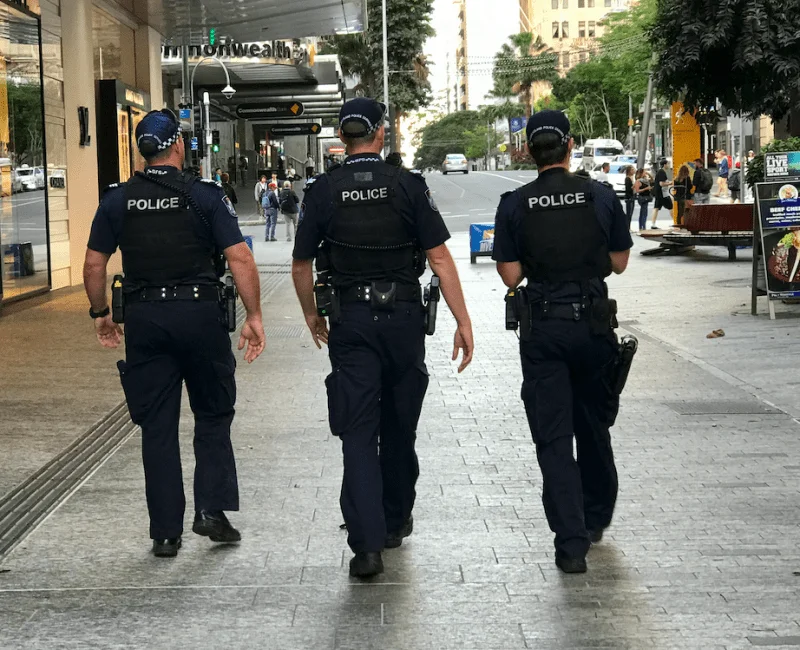
New and extraordinary powers have been given to police to enforce unprecedented safety measures. The expansion of police authority–no matter how justified by circumstances–can expand the opportunities for abuse of human rights. We need to ensure police are using their new powers responsibly, fairly, and without bias and prejudice.
That’s why along with partners, we’ve joined the COVID-19 and policing project. The project aims to collect incidents, reports and examples from members of the public for monitoring, legal advocacy and reporting. This collation enables us to expose any harm caused, and enable us to hold those in power accountable.
Similarly, technology can play an important role in the global effort to combat the COVID-19 pandemic. However, this does not give governments free rein to expand digital surveillance. The recent past has shown governments are reluctant to relinquish temporary surveillance powers. We must not sleepwalk into a permanent expanded surveillance state now.
Increased digital surveillance to tackle this public health emergency, can only be used if certain strict conditions are met. Authorities cannot simply disregard the right to privacy, and must ensure any new measures have robust human rights safeguards. Wherever governments use the power of technology as part of their strategy to beat COVID-19, they must do so in a way that respects human rights.
Close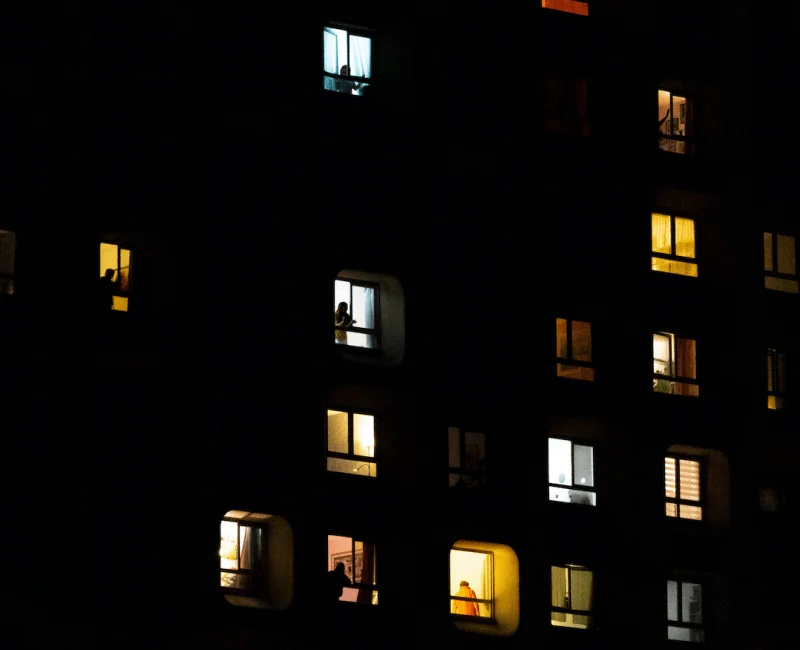
What are we calling for?
All of us in Australia have responsibilities towards each other in this crisis, but our governments have an overarching duty to protect our health, wellbeing and our human rights. The way governments decide to respond to the Coronavirus pandemic, will impact the human rights of millions of people.
Australia’s Governments can only fulfil this duty if it puts human rights at the centre of its response, and this must be a central consideration in all decisions of the National COVID-19 Coordination Commission.
Read MoreIn introducing emergency measures, it is vital from the outset that the Australian Government ensures human rights are at the forefront of all prevention, preparedness, containment and treatment efforts, in order to best protect public health, welfare, and support the groups and individuals most at risk.
We’re closely monitoring government responses to the crisis. Here’s what we’re calling for:
- Income injections for at risk Indigenous communities
- Increased support to social service organisations, including vital funding for people facing domestic violence to seek safety
- A solution to address the over-crowdedness in remote communities
- Primary health care facilities to be provided with sufficient PPE (personal protective equipment); including masks, visors and impermeable gowns
- Refugees and asylum seekers in detention in Australia to be urgently released into the care of our community, to ensure their impact is urgently assessed and mitigated for individual and public health.
- Police accountability and transparency
- Removal of children on remand awaiting trial from youth prison
- State and Territory governments to make public guidelines for the policing of social distancing regulations
There have been various rapid responses to economic considerations. We welcome the various stimulus packages to keep the economy on track, however it is absolutely vital that governments ensure that the most vulnerable in our community are not excluded from these packages, and receive the assistance they need.
How we're coming together
This is a time when we have the opportunity to help end demonization and anger – and move forward with empathy and kindness. While people need to be physically distant, we remain united.
Read More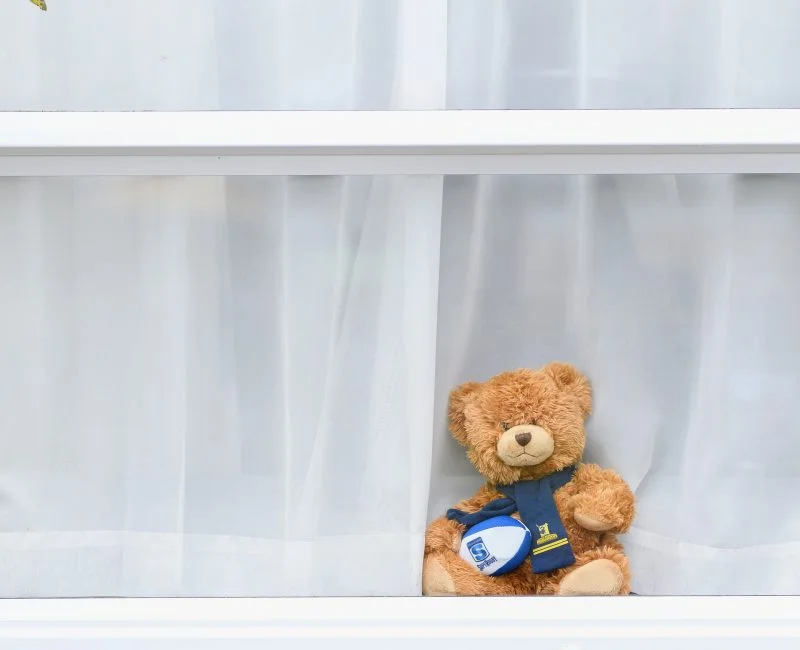
Whether you are working from home, out of work, physical-distancing or caring for others, these are lonely and uncertain times. Life may feel like it’s on hold right now – but the fight for human rights never stops. We also know that in trying times like these, the best of humanity can rise.
Whether looking out for elderly neighbours or our public demonstrations of appreciation for our vital and vulnerable health workers, people are spreading viral kindness – and you can, too.
Close
